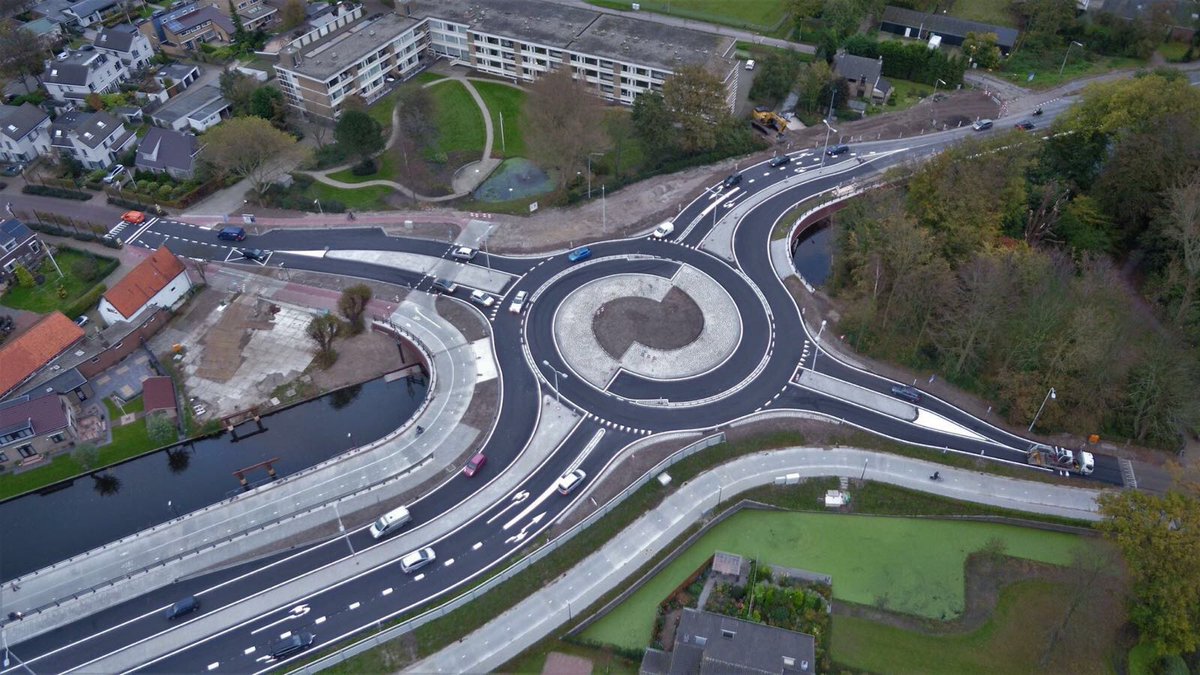Very true. Having just driven an Audi A4 for two weeks straight around the British Isles, I got to deeply immerse myself in another country's driving culture for a while. The brits don't bother with speed limit signs and speed traps and cops hiding with radar guns. People drive according to the conditions, and - if they don't - they crash. THEN the police show up, call you a tit for driving like an ass, and scrape your body off the pavement. One-lane country roads, to B roads, A roads, and M routes, everyone behaved like they owned rear view mirrors and didn't want to unnecessarily impede other traffic. Except in London, and it's surrounding area within the M1. Everyone driving there drove like a typical American road-hog dick. It's been interesting to come back to America and see the entitled shittiness we impose on our fellow citizens just because we are sitting behind a steering wheel...
Motor vehicles per 1000 people, UK: 519 Motor vehicles per 1000 people, US: 797 Miles per car per year, UK, 2013: 8000 Miles per car per year, US, 2013: 12,000 Imagine the US with 2/3rds as many cars going 2/3rds as far. I'll bet we'd all find it a lot more pleasant. London was able to pass a congestion tax. NY was not. I believe that speaks volumes about the practicality of getting around the UK with moderate car use vs. getting around the US.
Also: Roundabouts. Jeebus Crisp those things work REALLY WELL. Roundabout coming up... slow speed a bit... check to the right... look for a hole in traffic... move around the roundabout to your exit... speed up to highway speeds again. Stopping at traffic lights and stop signs is really fucking annoying after driving in countries with roundabouts.
Preach! They're not great if you are prone to get car sickness, but they are safer by lowering the speed for everyone and in most low-to-medium-volume intersections they can process more traffic from more directions. What I've heard (as in, anecdotally) is that drivers in the US are not taught what it is and that pretty much nobody knows how to properly yield. Did you also get to see a turbo-roundabout? Instead of a circle, it consists of two interlocking spirals: My hometown of 100k already has more than a hundred roundabouts, but added a dozen of those in recent years because they can handle a much larger capacity. It obviously has a larger footprint, since two directions need to pick a lane, but it's pretty darn cool.
Making a left in that turbo roundabout seems more finicky than it needs to be. It seems like this is going to be more trouble for anyone that doesn't know exactly where they are going. It also only works where there are 4 potential exits. Add an exit, and the middle lane becomes a wasteland of lost tourists, wandering aimlessly... ;-) Well ok, maybe not THAT bad! But I think in the UK the majority of the roundabouts had more than 4 exits. Heck... maybe that's why roundabouts came up in the first place... to make it easier to join multiple roads, rather than just a crossroads...
To put some numbers behind it, the theoretical capacity for a regular roundabout is 20-25k vehicles/day, whereas the above can process up to 40k/day, mostly dependent on where the largest flows come from. (A regular intersection with traffic lights can handle between 20-35k.)
All directions can use the heuristic 'if you go left, take the left lane, if you go right, take the right lane.' It looks harder than it actually is! You're right though, it's a solution that does not always fit the problem. Dual-lane roundabouts usually create more confusion because people might not change lanes in time, like here:
This is what I see, or rather don't see, in America. I started to type out a reply to rd95 that I don't see soccer moms demanding use of the express lane with 50 items, I see people in self checkouts who have no idea how to use them taking way too long. The problem seems (to me) not people who say "screw your inconvenience" but rather people who simply have no idea that changing their behavior slightly would have no impact on them but benefit others. Being injured, fatally or otherwise, when it could have been minimized or avoided by a seatbelt has a large impact on others, and I think too many people don't realize that.everyone behaved like they owned rear view mirrors and didn't want to unnecessarily impede other traffic.
